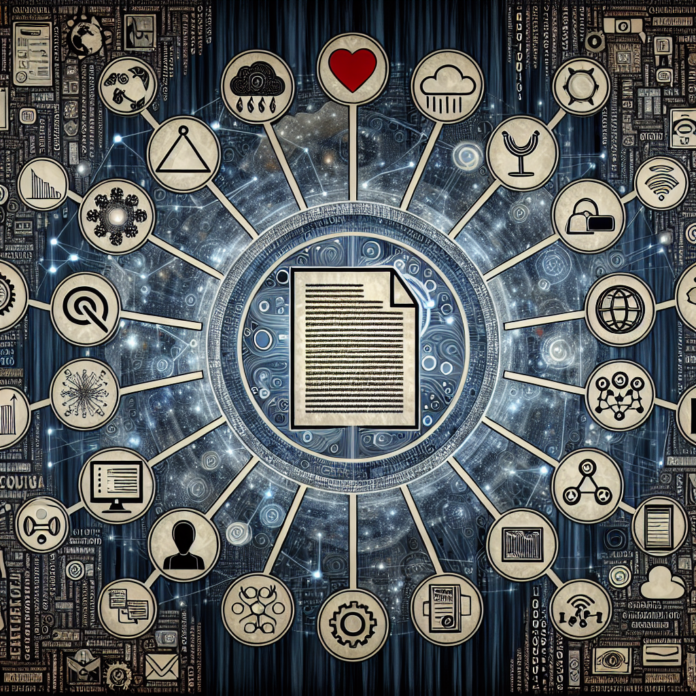Introduction:
Smart contracts have emerged as a revolutionary technology, automating trust and enabling secure, self-executing agreements. However, their potential has been limited by the lack of reliable real-world data integration. Decentralized oracles provide a solution, connecting smart contracts to real-world data sources and opening up a universe of possibilities. In this article, we delve into the transformative power of decentralized oracles in smart contracts.
- What are Decentralized Oracles?
Decentralized oracles are mechanisms that bridge the gap between blockchain-based smart contracts and real-world data, enabling secure and reliable data integration. These oracles fetch external data and deliver it to the smart contracts, triggering actions based on predefined conditions.
- Chainlink: Chainlink is one of the leading providers of decentralized oracle networks. It offers a secure and reliable way to connect smart contracts with real-world data. Explore Chainlink’s decentralized oracle solutions here: [insert link here].
- Band Protocol: Band Protocol is another provider of decentralized oracle networks. It aims to bring real-world data and scalability to smart contracts, facilitating the creation of decentralized applications (DApps). Learn more about Band Protocol here: [insert link here].
- Use Cases and Benefits of Decentralized Oracles:
Decentralized oracles introduce a wide range of use cases and extend the capabilities of smart contracts. Here are a few examples:
- DeFi (Decentralized Finance): Decentralized finance applications heavily rely on reliable and up-to-date data. Decentralized oracles enable smart contracts to interact with external financial data, such as price feeds, lending rates, and exchange rates, ensuring accurate and secure financial operations.
- Supply Chain Management: Connecting smart contracts with real-time data from supply chain processes can enhance transparency, traceability, and efficiency. Decentralized oracles can fetch data from IoT devices, weather APIs, logistics data, and more, enabling smart contracts to automate and streamline supply chain operations.
- Insurance: Smart contracts can automate insurance policies but require real-time claim verification. Decentralized oracles can provide up-to-date data on events like flight delays, weather conditions, or health records, allowing smart contracts to trigger claim settlements accurately and efficiently.
- Ensuring Data Integrity and Security:
When integrating external data sources, data integrity and security become critical concerns. Decentralized oracles employ various techniques to ensure reliable and tamper-proof data delivery.
- Consensus Mechanisms: Many decentralized oracle networks utilize consensus mechanisms to validate and aggregate data from multiple sources, minimizing the chances of data manipulation or incorrect information.
- Data Feeds: Decentralized oracles often utilize multiple independent data feeds to cross-validate incoming data, enabling reliable and trustworthy data integration.
Conclusion:
Decentralized oracles unlock the true potential of smart contracts by facilitating real-world data integration. They enable secure and reliable automation across various industries and use cases, from finance and supply chain management to insurance and more. By connecting smart contracts to real-time, tamper-proof data sources, decentralized oracles revolutionize the way agreements are executed and pave the way for a decentralized future.




 AGF-B.CO
AGF-B.CO